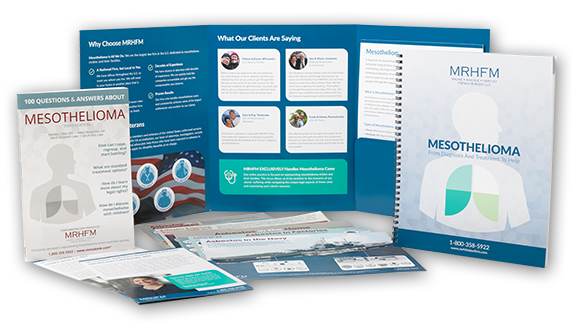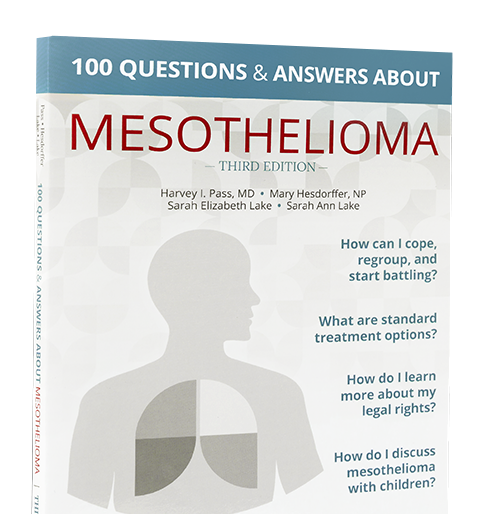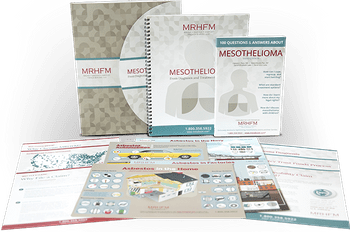Malignant mesothelioma (MM) is an aggressive cancer with no cure. The disease, which is caused by exposure to asbestos, can take anywhere from 20 to 50 years to develop after a person has been exposed. Due to this long latency period, the disease is often diagnosed at an advanced stage, making it nearly impossible to treat effectively. The 5-year survival rate for stage IV mesothelioma is 1% and 5% for stage IIIB.
Doctors and researchers are on a mission to change this bleak outlook.
In a promising new study, researchers have discovered that exosomes have the potential to detect mesothelioma sooner. Along with his team, Dr. David W. Greening of the Department of Biochemistry and Genetics at La Trobe Institute for Molecular Science wrote:
An important area of mesothelioma biology and progression is understanding intercellular communication and the contribution of the secretome. Exosomes are secreted extracellular vesicles shown to shuttle cellular cargo and direct intercellular communication in the tumor microenvironment, facilitate immunoregulation and metastasis. In this study, quantitative proteomics was used to investigate MM-derived exosomes from distinct human models and identify select cargo protein networks associated with angiogenesis, metastasis, and immunoregulation. Utilizing bioinformatics pathway/network analyses, and correlation with previous studies on tumor exosomes, we defined a select mesothelioma exosomal signature (mEXOS, 570 proteins) enriched in tumor antigens and various cancer-specific signaling (HPGD/ENO1/OSMR) and secreted modulators (FN1/ITLN1/MAMDC2/PDGFD/GBP1).
Notably, such circulating cargo offers unique insights into mesothelioma progression and tumor microenvironment reprogramming. These findings contribute to understanding tumor-stromal crosstalk in the context of MM, and potential new diagnostic and therapeutic extracellular targets.
Simply put, doctors can know much sooner if mesothelioma cancer cells are being formed by measuring exomes in the body—even before symptoms appear.
Treatments are improving, so people who are now being diagnosed with MM at an early stage may have a better outlook than statistics show. In addition to the recent findings in this study, researchers have developed or are currently developing blood tests, imaging tests, and even breath tests that can help detect changes in the body long before symptoms develop. These new diagnostic tools also have the potential to help accurately diagnose mesothelioma. Many patients endure years of being misdiagnosed, or even undiagnosed, until their mesothelioma reaches the latest and most difficult-to-treat stages.
If you have been exposed to asbestos, see your doctor immediately. Early diagnosis offers the best hope for long-term survival.
Sources
Greening, David W., and Maoshan Chen. "Secreted Primary Human Malignant Mesothelioma Exosome Signature Reflects Oncogenic Cargo." Scientific Reports. U.S. National Library of Medicine, 08 Sept. 2016. Web. 07 Mar. 2018.
"Survival Statistics for Mesothelioma." American Cancer Society. American Cancer Society, Inc., 2018. Web. 07 Mar. 2018.





